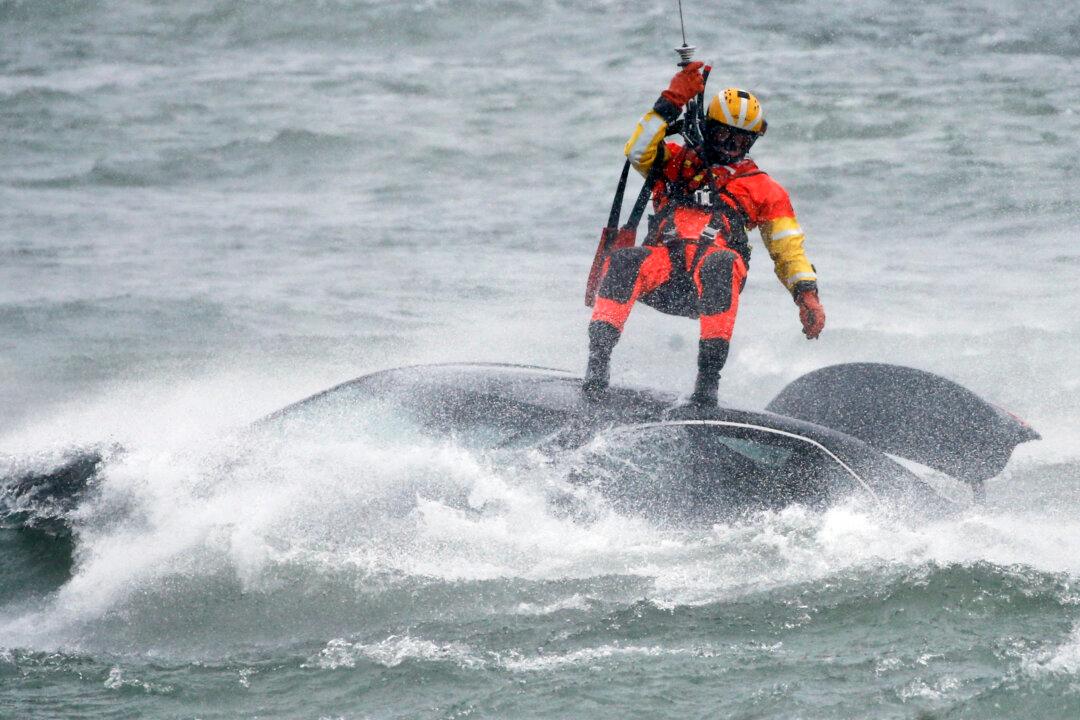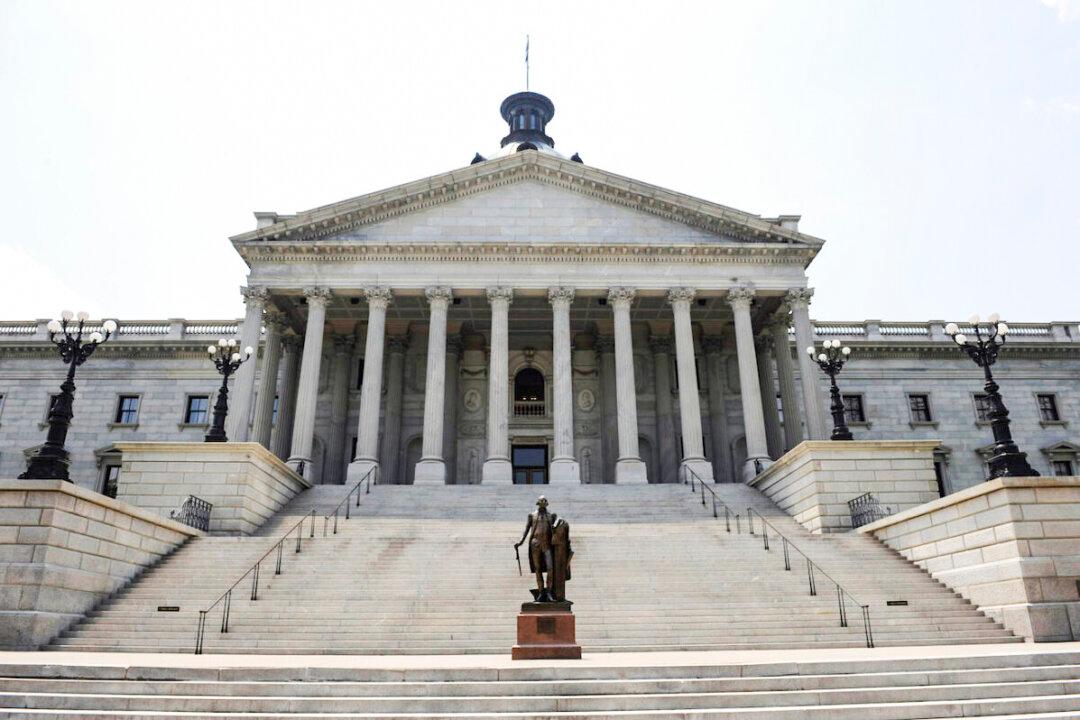One of the many times that Coast Guard rescue swimmer James faced death was when rough weather caused him to swing full-speed from a helicopter straight at a crab boat’s steel superstructure.
“I was swinging at that thing so fast. I just knew I was gonna hit it, and I was gonna die,” he said. “But at the last minute, I just barely cleared it, and I could feel it going right underneath [me].”




